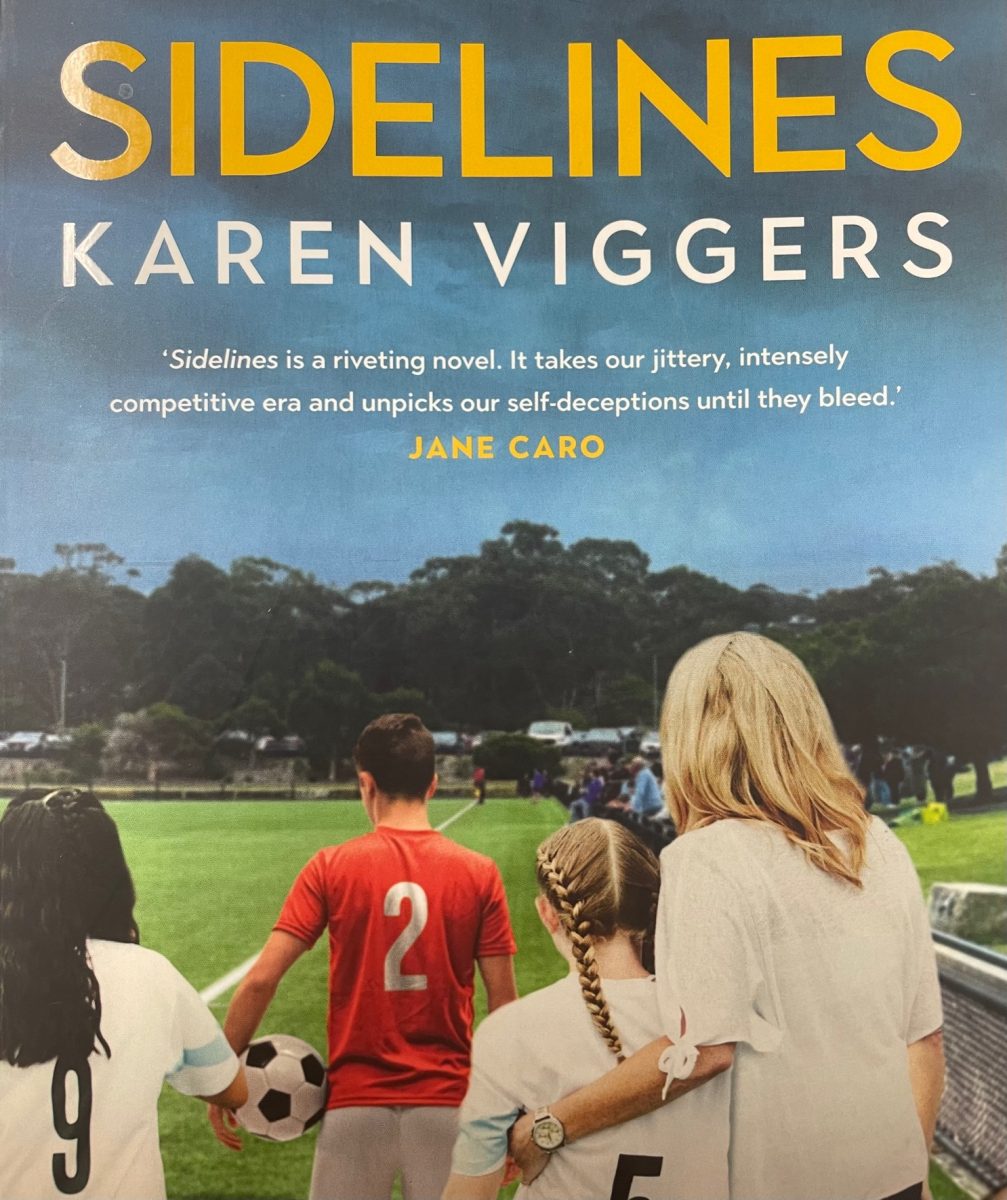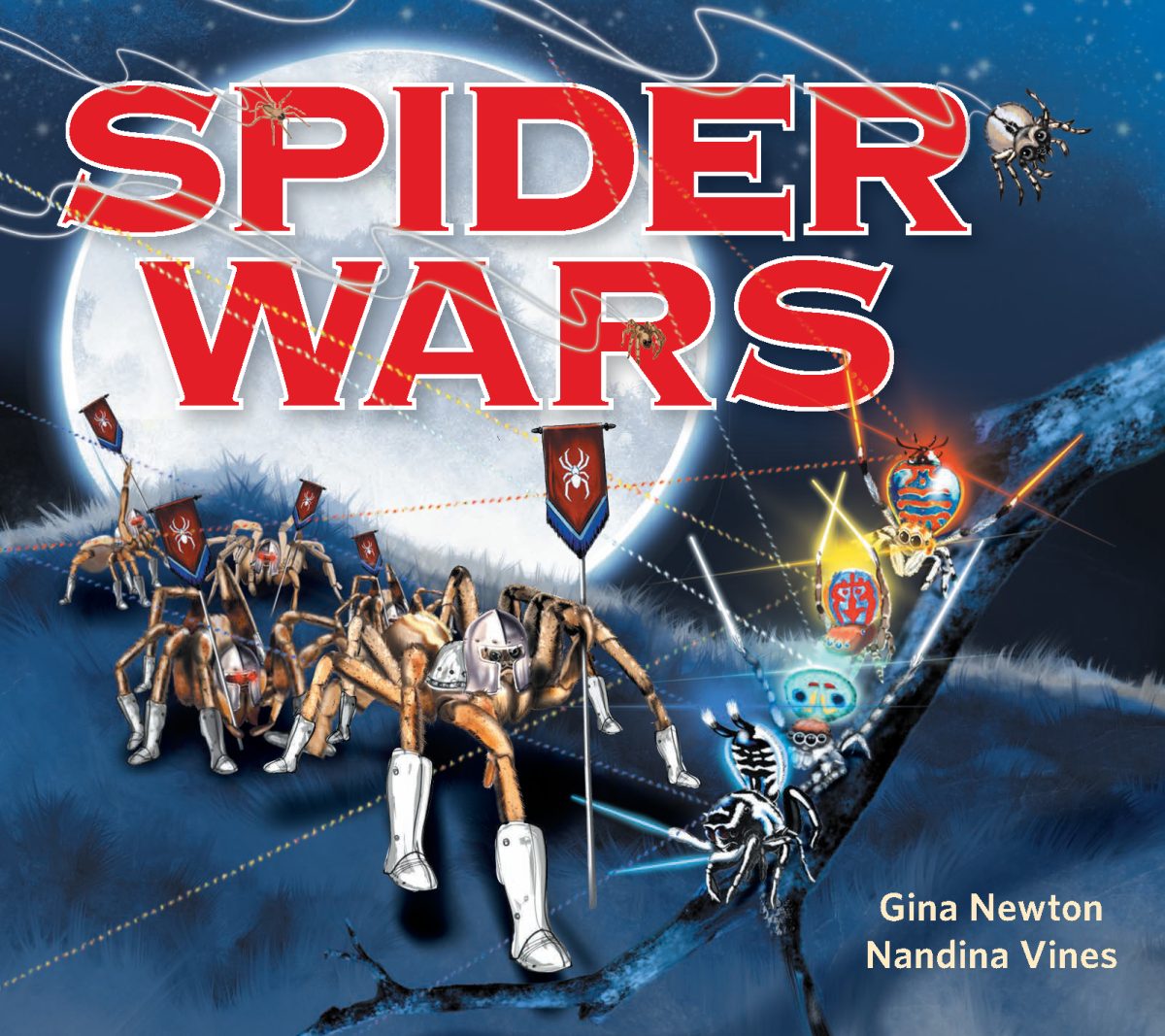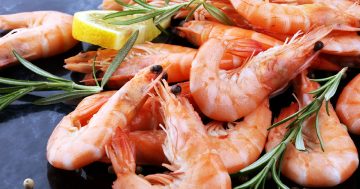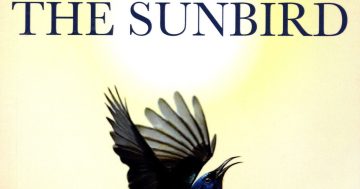
Sidelines, by Karen Viggers, is a challenging read about bad behaviour on and off the field. Photo: Supplied.
Misbehaviour and scandal have become commonplace in sport at all levels. In Sidelines (Allen & Unwin), Karen Viggers examines this phenomenon at the suburban level, focussing on the bad behaviour of parents on the sidelines.
Ambition for success and the need to experience it vicariously through their children’s activities guide the behaviour of the cast in this story. The context is junior soccer and the central characters are Audrey and her family, butting heads with Katerina and hers. Audrey’s father and uncle also enjoy a fractious and competitive relationship and this spills over into both families.
Audrey and her brother Alex play on the same soccer team, led by the overwrought coach Dominik. Because Audrey is not as pushy as others, she is regularly overlooked despite her superior skills.
She suffers from a severe lack of confidence, reinforced by the treatment meted out. Dad Ben pushes ceaselessly, believing he is being supportive whilst he’s actually sapping the life out of her (and his wife Jonica).
The book moves in dark places and we feel the catastrophe coming.
The author’s observation of adolescence is insightful and compassionate. Her portrayal of parenthood is unjudgemental, tempered by a tolerant understanding of well-meaning. Who amongst us as a parent has not fought tooth and nail in some way for our children?
Perhaps one of the marks of a good contemporary novel is its capacity to tap into our fears and failings without stealing our hope. Karen Viggers succeeds admirably in this.

Peter Papathanasiou’s The Pit is an effective piece of outback noir. Photo: Supplied.
Conflict and violence on the West Australian mining fields are graphically portrayed in Peter Papathanasiou’s gritty outback noir, The Pit (MacLehose Press). It’s the third in a series beginning with The Stoning but it stands alone perfectly well.
Senior Constable Sparrow takes a phone call from a mysterious elderly nursing home resident, Bob, who tells him he has murdered someone and wishes to confess and reveal the location of the body.
Sparrow finds the offer irresistible. Little does he suspect the complexity of the situation into which he leaps. It turns out this is a decades-old crime and the elderly murderer has a twisted and complex truth to share.
The novel then follows a type of ‘road movie’ trope as Sparrow, Bob and fellow nursing home resident, Luke, a young man in a wheelchair as a result of an accident, make their way across the desert to the scene of the historical crime.
It is the mix of post-apocalyptic scenarios and real-world injustices and dilemmas that makes this book so fascinating. The author invites us to examine the mining industry, the FIFO culture, the AIDS epidemic, the lot of young people confined to aged-care facilities for want of more suitable alternatives, sexism, racism and homophobia. We’re also in the thick of a real-time mystery with our police hero.
The deep irony of the conclusion draws the whole into clear perspective and leaves us with a wry smile.

Spider Wars is a graphic entry point into the world of insects. Photo: Supplied.
The natural world conflict of Spider Wars, a picture book by Gina Newton and Nandina Vines (Wilkinson Publishing) is a story of territorial dispute between the Wolf Spiders and the Peacock Spiders. The author and illustrator bring us a kind of Romeo and Juliet tale with subtle reference to contemporary world conflicts – but with a more reason-based outcome.
The illustrations remind us of the popular culture of super-hero and intergalactic movies and series, with spiders decked out in intimidating armour and bearing mediaeval standards into battle. The fact section at the end of the book is full of interesting information to tempt young citizen scientists.
There is no doubt a book sympathetic to spiders gives readers a fresh way to look at the world.
Barbie Robinson is co-founder and content creator for Living Arts Canberra, a not-for-profit media outfit supporting arts and community in the Canberra region and books worldwide through its website, podcast interviews and a 24/7 internet radio station.




















